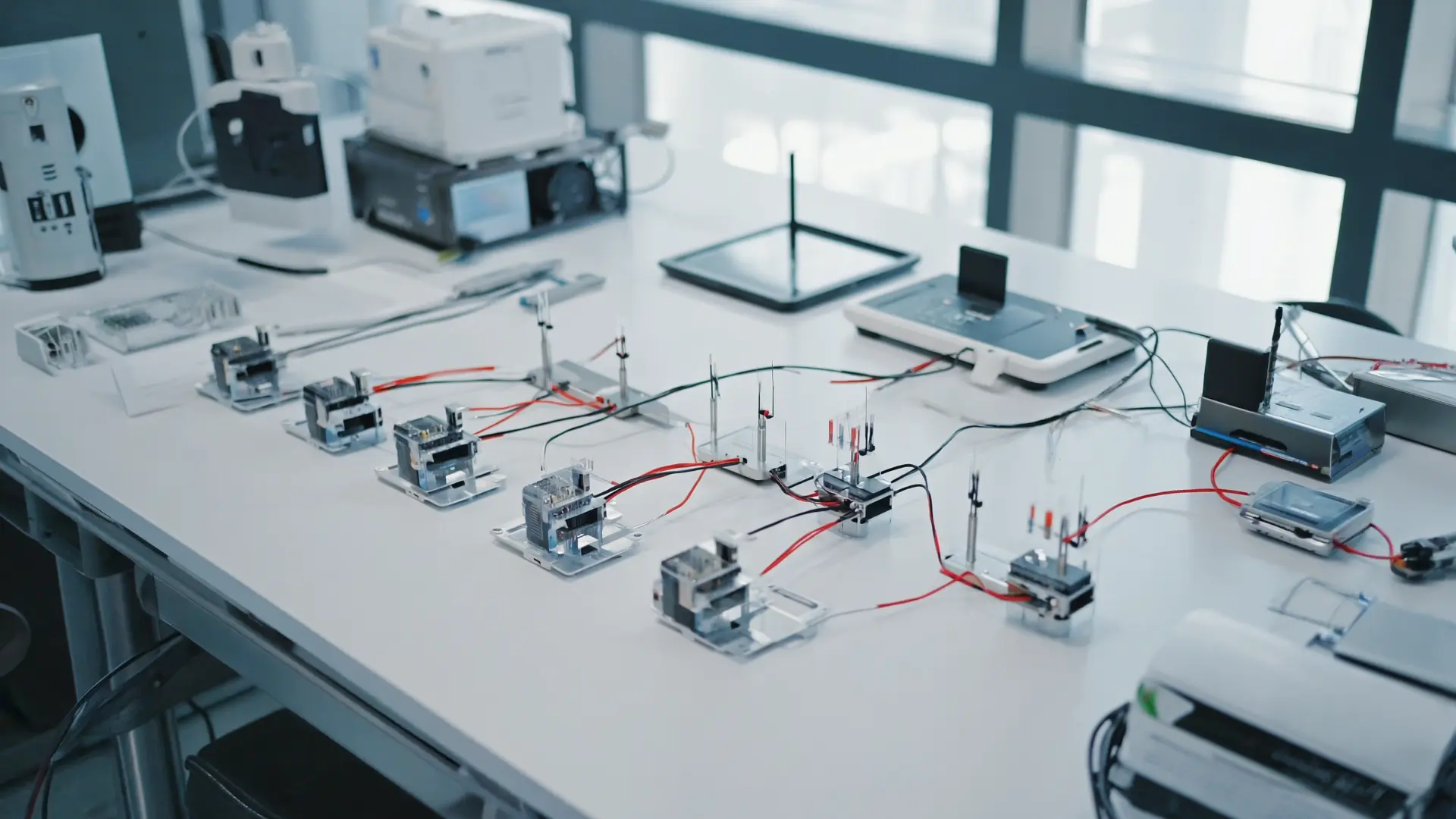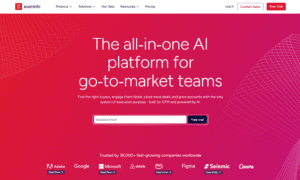An analysis by McKinsey and Company highlights that AI-powered design and prototyping tools can reduce development costs by up to 20% and cut time-to-market by more than 30%. In today’s market, speed and adaptability have become essential to successful product development. Traditional methods are not enough to fulfil customer demands and competitive pressures. This is where rapid prototyping plays a pivotal role. By allowing designers and engineers to quickly create, test, and refine concepts, rapid prototyping significantly shortens development cycles while reducing risks and costs. It provides teams with tangible models to validate functionality, usability, and design before committing to large-scale production. As industries demand greater efficiency and innovation, rapid prototyping has emerged as a keystone of modern product development that enables companies to transform bold ideas into market-ready solutions faster than ever before.
Industry Challenges: Speed and Cost Issues in Traditional Prototyping
Traditional prototyping often creates serious hurdles for businesses aiming to innovate quickly. One of the biggest challenges is speed. Building physical prototypes through conventional methods can take weeks or even months, slowing down the entire product development cycle In today’s competitive environment, such delays can mean missed opportunities and late market entry. Cost is another critical concern. Unlike rapid prototyping methods, traditional approaches involve expensive materials, specialized tools, and significant labor, making each iteration a heavy financial investment. For companies working on complex designs modifications, these costs add up quickly and limit flexibility. Moreover, the slow turnaround reduces the chances of experimenting with bold ideas, as every change demands time and money. Without access to low-cost prototypes, businesses struggle to test widely and refine efficiently. These barriers push the industry to seek smarter, faster, and more affordable solutions.
LS Manufacturing’s Solution: How AI and Automation Enhance Prototyping Efficiency
LS Manufacturing tackles prototyping delays by integrating AI and automation into its core workflow. The company’s AI-driven platform enables 24-hour rapid iterations, constantly refining designs via algorithmic feedback loops. This approach accelerates part validation, reduces waste, and ensures that modifications occur in hours instead of days. Coupled with advanced 3D printing and precision CNC machining, the company delivers sharp accuracy, quick turnarounds, and scalable approaches to complex designs. LS Manufacturing focuses especially on high-demand sectors such as medical devices and automotive, where tolerance, biocompatibility, and performance are critical. Through this synergy of AI, automation, and hybrid manufacturing, LS Manufacturing empowers product development to be both agile and dependable. Learn more about LS Manufacturing’s rapid prototyping services and see how the company makes low-cost prototypes a strategic advantage at www.lsrpf.com.
Figure 1: LS Manufacturing’s AI-driven quoting platform provides instant, automated DFM feedback and pricing, reducing iteration time from days to minutes.
Customer Spotlight: Accelerating a Medical Device Prototype
One of the best examples of LS Manufacturing’s impact comes from a recent project with a bio medical engineering company. The medical lab engineers needed a new handheld diagnostic device, but traditional prototyping methods were slowing down their timeline and increasing costs. Working with LS Manufacturing’s AI-driven manufacturing platform, the company was able to shorten the entire process dramatically.
By combining 3D printing for initial concept models and CNC machining for precision functional parts, LS Manufacturing delivered multiple iterations within days instead of weeks. The AI system analyzed design feedback in real time, guiding rapid adjustments without restarting the process. This allowed the client to test usability, durability, and performance far earlier than expected.
As a result, the medical device moved from concept to working prototype in just 3 weeks—a process that traditionally took 4-5 months and a much higher budget. This success highlights how AI-driven rapid prototyping creates low-cost prototypes without compromising quality or speed.
Future Trends: Rapid Prototyping and Sustainability
The future of rapid prototyping is not only about speed and accuracy but also about creating a greener, more responsible manufacturing ecosystem. Key trends shaping this future include:
- Eco-Friendly Materials – The rise of biodegradable and recyclable materials in 3D printing ensures that prototypes leave a smaller environmental footprint.
- AI-Driven Efficiency – Smarter algorithms will minimize design flaws early, cutting down on wasted resources and energy.
- On-Demand Manufacturing – Instead of mass production, AI-driven manufacturing enables companies to build only what is needed, reducing inventory waste.
- Energy-Efficient CNC Machining – New technologies are making machining processes more sustainable while still delivering precision.
- Circular Product Development – Low-cost prototypes can be redesigned, reused, and repurposed, supporting a closed-loop approach to product development.
By combining innovation with responsibility, the future of rapid prototyping will not only accelerate creativity but also make manufacturing more sustainable, aligning technology with global environmental goals.
Conclusion:
In today’s competitive landscape, success depends on speed, precision, and the ability to innovate without unnecessary costs. LS Manufacturing combines the power of AI-driven manufacturing, 3D printing, and CNC machining to deliver prototypes that are faster, smarter, and more affordable. For companies developing complex medical devices, advanced automotive components, or innovative consumer products, this approach ensures low-cost prototypes without sacrificing quality. By leveraging an AI-driven platform for 24-hour iterations, seamless scalability, and sustainable practices, businesses can stay ahead of the curve. Embracing the future of rapid prototyping through AI-driven platforms can transform ideas into market-ready solutions faster than ever before.





























